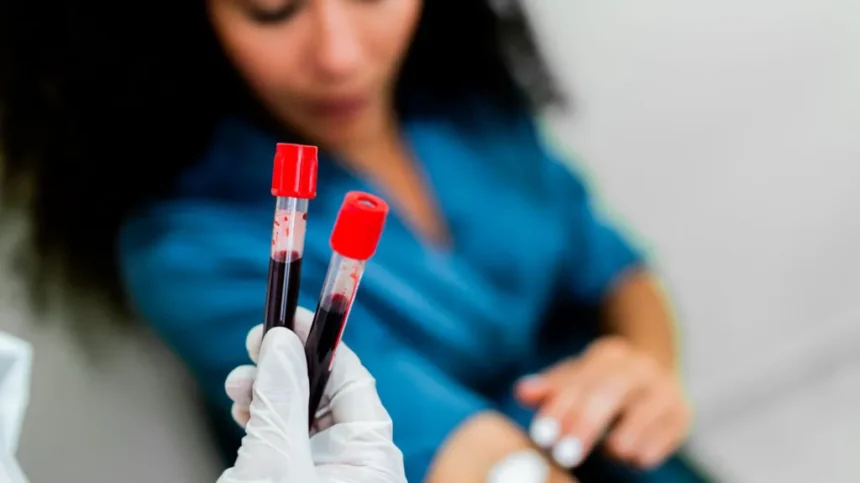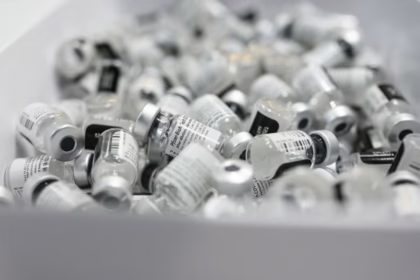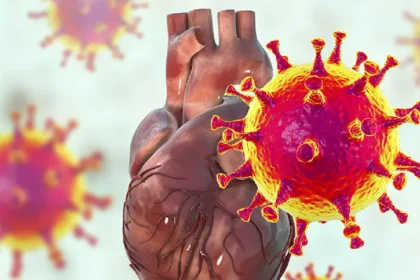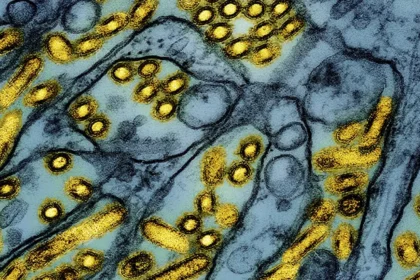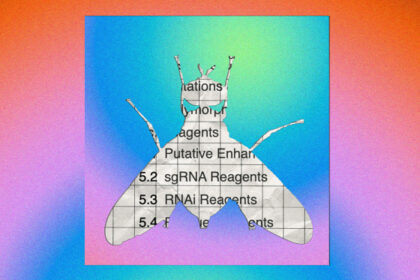A revolutionary blood test capable of detecting more than 50 types of cancer has shown remarkable results in a large North American trial, marking what experts say could be a turning point in early cancer detection.
The Galleri test, developed by the American pharmaceutical company Grail, identifies trace fragments of cancerous DNA circulating in the bloodstream — pieces that have broken away from tumors before symptoms even appear. The new findings reveal that this test can accurately detect a broad range of cancers, including many that currently have no screening programs.
The study followed 25,000 adults across the United States and Canada for a year. Out of those tested, nearly one in every 100 participants received a positive result. Of these, 62% were later confirmed to have cancer. Perhaps most importantly, more than half of these cancers were found in their early stages — when treatment is most effective and survival chances are highest.
Lead researcher Dr. Nima Nabavizadeh, associate professor of radiation medicine at Oregon Health & Science University, said the results could “fundamentally change how we approach cancer screening.” He added, “This technology gives us the power to detect cancers earlier — when the possibility of successful treatment or even cure is greatest.”
The Galleri test not only identified cancers with striking precision but also correctly ruled out cancer in more than 99% of people who tested negative — a level of accuracy that minimizes the risk of false positives. Moreover, when used alongside traditional screening methods such as mammograms, colonoscopies, and cervical tests, the blood test increased overall cancer detection sevenfold.
Perhaps most notably, three-quarters of the cancers detected were those for which no routine screening programs currently exist, such as ovarian, liver, stomach, bladder, and pancreatic cancers — some of the deadliest and most elusive types. The test also pinpointed the origin of the cancer in 9 out of 10 cases, a breakthrough that could streamline diagnosis and treatment planning.
Despite these promising results, experts caution that more evidence is required before the test becomes a standard part of medical practice. The topline results are being presented at the European Society for Medical Oncology Congress in Berlin, but the full findings have not yet been published in a peer-reviewed journal.
Professor Clare Turnbull, of the Institute of Cancer Research in London, stressed that randomized, long-term studies are still necessary. “We need to see whether early-stage detection using Galleri truly translates into reduced cancer deaths,” she said.
The ongoing three-year NHS trial in England, involving 140,000 participants, will be critical in answering that question. Results are expected next year, and if successful, the UK’s National Health Service has pledged to expand the program to one million additional people.
Sir Harpal Kumar, president of biopharma at Grail, described the results as “very compelling.” Speaking to BBC Radio 4’s Today programme, he explained, “The vast majority of people who die from cancer do so because we find their cancers too late. The aim is to shift to earlier detection, when we can use treatments that are more effective and potentially curative.”
However, not all experts are ready to celebrate. Naser Turabi, from Cancer Research UK, warned that further study is needed to ensure the test doesn’t lead to overdiagnosis — identifying cancers that might never have caused harm. “We must avoid diagnosing cancers that may not progress or threaten life,” he said, emphasizing that the UK National Screening Committee will play a vital role in evaluating the evidence and determining if the test should become part of national healthcare screening programs.
Still, the potential implications are immense. If validated, the Galleri test could revolutionize cancer screening worldwide — enabling a single, simple blood draw to check for dozens of cancers long before they become symptomatic. This shift toward proactive, genome-based screening could save countless lives and transform how healthcare systems detect and treat cancer.
As more results emerge and global trials continue, optimism remains high. For millions worldwide who fear late-stage diagnoses, this test represents not just a medical innovation, but a glimpse of a future where early detection truly changes the outcome of cancer care.


